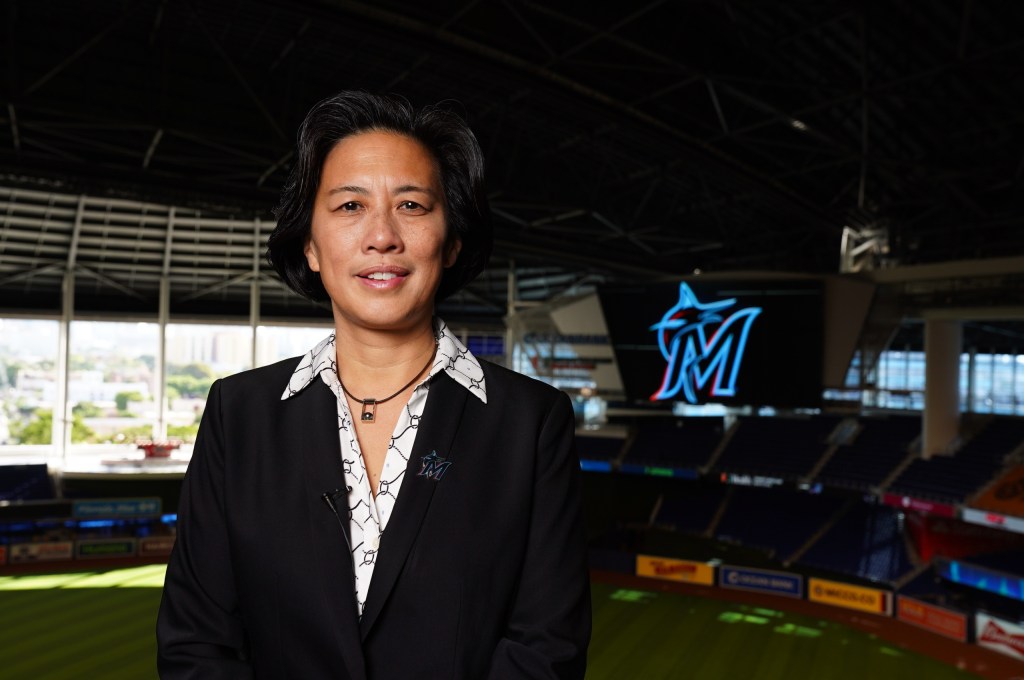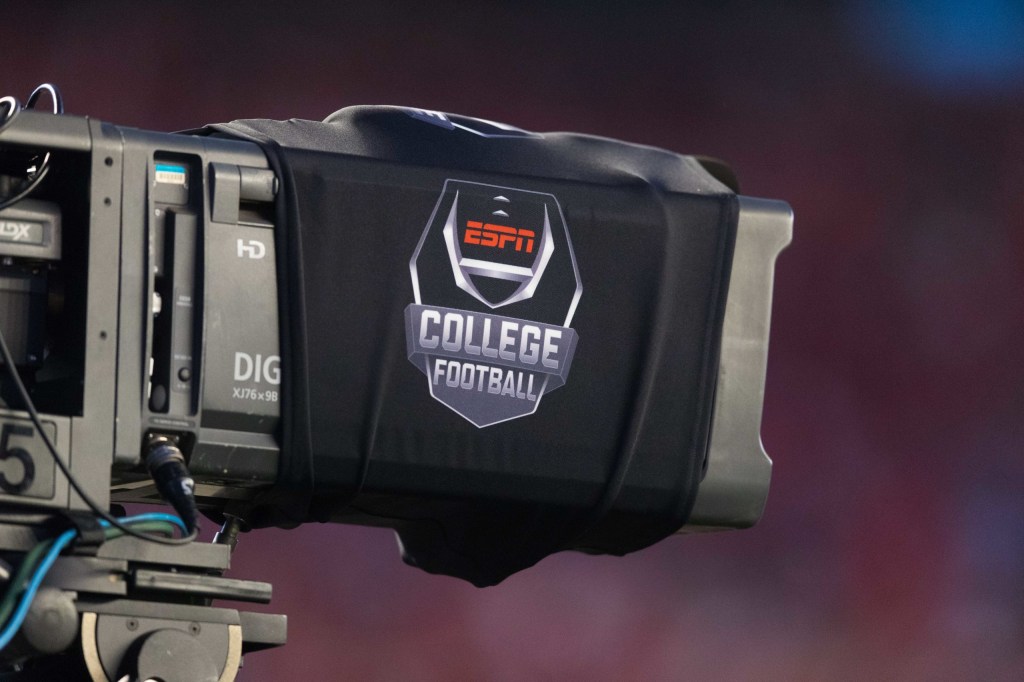By: Jason Lupo

The one word question we should ask far more often.
In 2012, Hyundai released a commercial with a little boy who is pestering his next-door neighbor by frequently asking the question “Why?” The short 30-second spot is humorous, but also touches on a common inquiry among the developing and inquisitive kids of our world: “Why do things work the way they do?”
The commercial played for over a year, but was not the first or last time companies wanted us to think about why we do what we do. Two years later in 2014, Charles Schwabb released a similar commercial with a young boy probing into the inner workings of his father’s brokerage firm. The child’s questions brings about a puzzled look on the father’s face and drew him to also question why he too was accepting the existing state of affairs. The commercial ends with a question, “Are you asking enough questions about the way your wealth is managed?”
Somewhere in the scope of our development, we stopped asking questions. Our curiosity diminished and we accepted the status quo. These commercials may have sparked the question, “why?” in the minds of consumers, however it is time that we ask this question as frequently as an innocent child.
Why DO we DO the things we DO and why DO we DO those things the way we DO them?
I emphasize the word DO, because as managers, team leaders and coaches our actions matter. We don’t just theorize our jobs we perform our jobs. More over, when we perform our jobs, we affect the people around us and ultimately define the success of our athletes, our employees and our teams.
When I first started coaching, many of my decisions were based purely on the way I was coached, how other coaches did things or what the resources I employed said to do, but about a year into coaching I started questioning why I was doing the things I did. Not much of what other coaches did made sense in my mind. I had a firm knowledge of biomechanics, anatomy, physiology and nutrition, and many of the actions of other coaches were in stark contrast to that of the research in sport performance. From that point on, I always correlated the decisions I made to the current research in the field of sport performance.
Take this a step further and disseminate it into our programs as a whole. There is nothing more important than a mission statement. An organizations mission statement should be the backbone of all decision making. Mission statements are not written just to be tossed on a website and forgotten about, rather they should be a dynamic fiber of the organization, the thread that ties the program together. Every decision made should be set side by side with the mission of the organization. If the decision does not match the mission of the organization, it should be tossed aside.
A simple three-letter question could be the most important question we ask on a daily basis. It can revolutionize the way we build our programs and companies, but we don’t ask it often enough. Next time you are faced with a decision, go back to your quizzical, younger self and ask the question: “Why?”
Jason Grant Lupo is an experienced coach and program manager specializing in youth, adaptive and elite athletes. Jason has directed and coached teams and athletes in International, National and State competitions in the sport of cycling and swimming. His expertise and passion for youth and sport has provided him the opportunity to travel across the country, coaching athletes and giving seminars and workshops. Furthermore, his background in managing programs has lead him to help others in their quest to create grassroots sporting teams and programs. Jason has always seen sport as a platform for positive teaching and development.

















